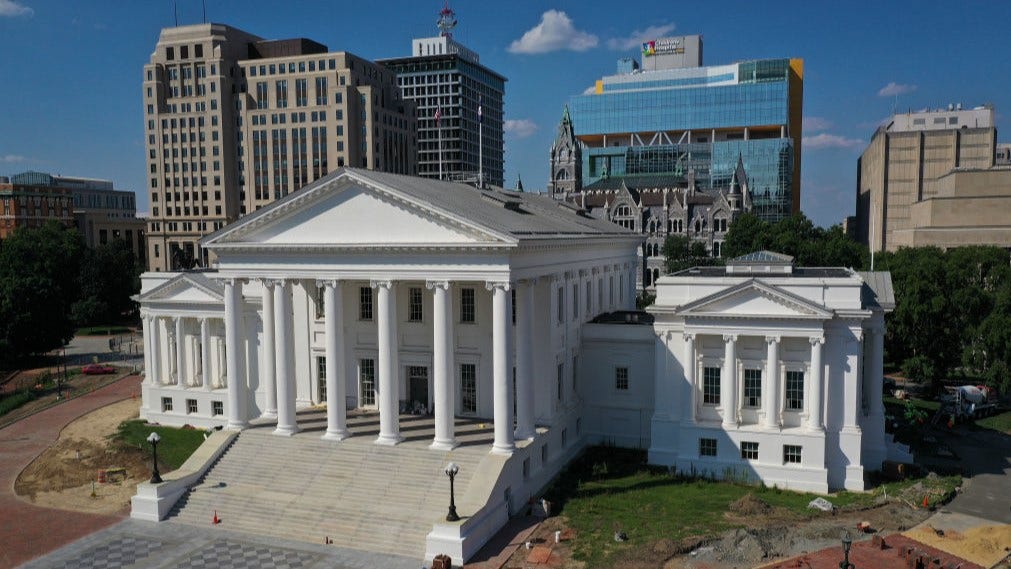The unexpected failure of a water treatment plant in Richmond, Virginia, plunged the state capitol and surrounding areas into crisis, disrupting the legislative session and impacting residents’ access to clean water. The incident, occurring just days into the tenure of new Richmond Mayor Dr. Danny Avula, raised questions about the city’s aging infrastructure and the preparedness of officials to handle such emergencies. The crisis forced the closure of the state capitol building, impacting the work of the oldest continuous lawmaking body in North America, and prompted bipartisan calls for infrastructure improvements and investigations into the causes of the failure.
The water treatment plant malfunction created a cascading series of problems, forcing hospitals to rely on tanker trucks for essential functions like sanitation and heating. The lack of water also affected businesses and residents, leaving many without access to clean drinking water and causing widespread disruption. The crisis became politically charged as some, like the Virginia Republican Party chair Richard Anderson, blamed former Mayor Levar Stoney, now running for lieutenant governor, for neglecting the city’s infrastructure during his tenure. Others, like Virginia Project, a right-leaning group, suggested the waterless legislature relocate to Appomattox, the site of the Confederate surrender in 1865, highlighting the historical significance of the disruption.
Mayor Avula worked tirelessly to address the crisis, spending hours at the treatment plant and updating the public on the progress of repairs. He received bipartisan praise for his efforts, even from prominent Republicans like State Sen. Mark Obenshain. While Avula’s efforts were recognized, the incident underscored the fragility of essential services and the need for proactive investment in infrastructure. The crisis prompted a broader discussion about the long-term implications of neglecting critical systems and the potential consequences for public health and safety.
The water outage extended beyond Richmond city limits, affecting neighboring Henrico and Hanover counties and prompting State Senator Ryan McDougle to praise Governor Glenn Youngkin’s proactive response. McDougle also emphasized the need to investigate the root causes of the failure and hold the previous administration accountable for allowing the situation to reach such a critical stage. The widespread impact of the crisis, affecting schools, businesses, and residents across the region, underscored the interconnectedness of infrastructure systems and the potential for localized failures to have far-reaching consequences.
The incident also reignited discussions about the allocation of state resources and the need for greater investment in infrastructure improvements. Delegate Wren Williams criticized the Democratic leadership in Richmond for neglecting the city’s aging pipes and allowing the water system to deteriorate. He pointed to the crisis as a symptom of a broader failure to prioritize essential services and maintain vital infrastructure. Williams’ previous proposal for state agencies to support utility upgrades gained new relevance in the wake of the crisis, highlighting the need for proactive measures to prevent future failures.
The water crisis in Richmond highlighted the vulnerability of essential services and the importance of effective leadership in times of emergency. The bipartisan response to the crisis, coupled with calls for accountability and infrastructure investment, suggests a growing recognition of the need for proactive measures to prevent similar failures in the future. The incident served as a stark reminder of the importance of maintaining critical infrastructure and the potential consequences of neglecting these vital systems. The political fallout of the crisis, however, demonstrated the ongoing debate about responsibility and the need for long-term solutions to address aging infrastructure across the state.

